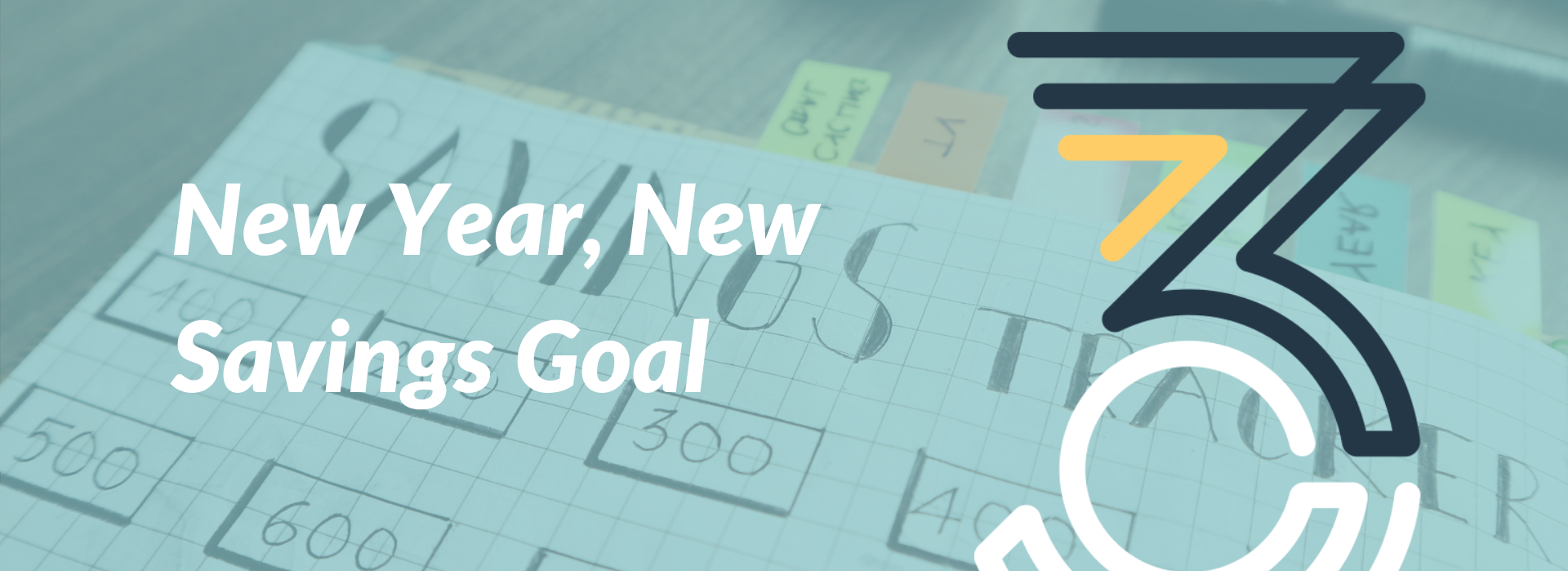We all know that with a fresh January, brings a multitude of fresh starts, new-yous, and resolutions. Many of us will be all-too-aware that these good intentions may not in fact see the end of the month.
But hopefully, the odd one or two will stick, and I think that financial plans are possibly one of the easier goals to stick to. Why? Because once you’ve set up your plan, there’s nothing much else to do. Rather than a resolution that requires action (think putting on gym-wear, driving all the way to the gym, working your socks off for an hour and then doing it all again the next day) this one- more often than not- requires inaction. Don’t spend the money you have saved. Simple! I understand that some readers will be thinking ‘Oh, if only it was that easy!’ and I do appreciate that often, circumstances will change, resulting in the requirement to access your saved-up cash. However, I hope the next few paragraphs will be of use if you’re planning on putting a savings plan into action.
Firstly, decide what you’re saving for.
Holiday? Retirement? Buying a house?
The objective is important. It allows you to put some kind of timescale on your plan. This might change over time, however, for many of us, we will have a rough idea when we want to retire, book the holiday etc. The timescale of your objective allows a very important decision to be made:
Save, or Invest?
Generally, the sooner the objective, the more likely that you should be saving, not investing. The further away from the objective, the more likely it is that you should consider investing.
Over the long term, investing has the potential to make you more money, but in the short term, there is a far greater chance of loss. This is because investments can go down as well as up. The ride is bumpier than it would be if your money was simply sat in a bank account.
For example, it wouldn’t make sense to invest money for next year’s holiday; what if the value of the investment falls and you don’t have long enough to wait for it to recover?
On the flip side, putting money into a savings account for retirement 20 years away is unlikely to make you as much money as an investment would, and it’s even more likely that the money won’t even keep pace with inflation over the term. With a 20-year time horizon, if the value falls, there’s plenty of time to let it recover.
There’s no hard and fast rule, but the general rule of thumb would be that anything you need money for within the next 5 years should be savings and anything beyond that you could consider an investment.
So let your savings time-frame guide your decision on investments vs savings.
Next: How do you feel about dipping into this money? Are you quite relaxed about this, or are you completely committed to ensuring that your savings remain savings, rather than a new boiler or mechanics bill? If you really want to make sure you don’t dip into this money, it’s important to have an emergency fund available which will act as a cushion between your savings, and those inevitable costs that crop up from time to time. If you don’t have an emergency fund, this would be a good place to start. Try to build up a pot of money to fall back on, which is separate to any longer-term savings goal. The right amount of ‘emergency money’ will vary from person to person, but a good rule of thumb would be to have at least a couple of months’ expenditure, let’s say 3 months, set aside. It may seem inconsequential initially, but segregating a proportion of money and labelling it ‘emergency fund’ might help to keep your main savings from dwindling away whenever life’s little surprises come along.
Finally: How- and when- shall I actually save? This is down to your own financial circumstances however personally I’m an advocate of saving a fixed amount on payday, as soon as you receive your money. This might be a small saving made each week, or perhaps a larger amount saved once a month. Get the money out of your main bank account as soon as possible- when it’s gone, it’s less easy to spend! Plus, it will help you know how much money you have left for the rest of the month.
Putting money aside isn’t always easy and it will of course be governed by your financial circumstances. Even just a small regular saving can make a difference; £10 per month until Christmas might take the pressure off that big Christmas food shop, £20 per week might your spending money for next year’s holiday. Whatever your savings goal, the best time to start is right now.
If you wish to discuss the contents of this blog post please contact corryn.wild@three-counties.co.uk or telephone the office on 0191 230 3034.
Disclaimer: The above content does not constitute financial advice. Your circumstances may differ from those outlined and you should seek advice which is relevant to your own situation.


